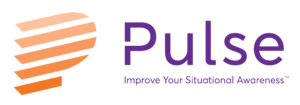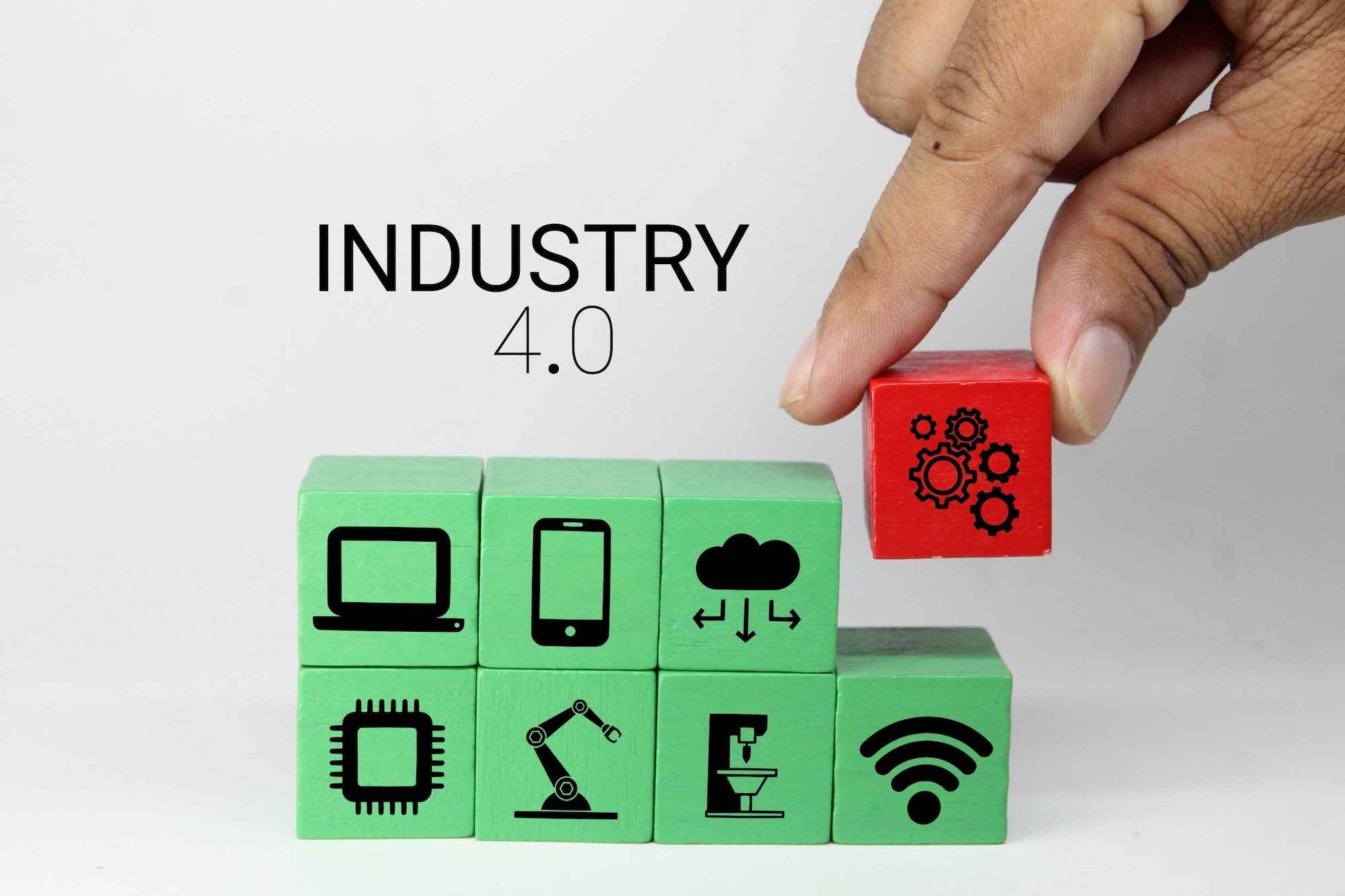Introduction
In recent years, data analytics has become a game-changer in healthcare, providing valuable insights that can help healthcare providers improve patient outcomes, reduce costs, and optimize their operations. From predicting disease outbreaks to personalizing treatments, data analytics has transformed the way healthcare is delivered. In this article, we will explore 10 ways that data analytics is revolutionizing healthcare.
1. Predictive analytics for disease outbreak
With the help of data analytics, healthcare providers can predict the outbreak of diseases such as flu, measles, and other infectious diseases. By analyzing data from various sources such as social media, weather patterns, and hospital records, healthcare providers can identify patterns and predict the likelihood of an outbreak. This enables healthcare providers to take proactive measures such as vaccination campaigns and public awareness programs to prevent or minimize the impact of an outbreak.
2. Personalized treatments
Data analytics enables healthcare providers to personalize treatments based on an individual’s unique medical history, genetic makeup, and lifestyle. By analyzing large datasets, healthcare providers can identify trends and patterns that can help them develop personalized treatment plans that are tailored to the patient’s needs.
3. Drug discovery
Data analytics is playing a significant role in drug discovery by helping pharmaceutical companies analyze vast amounts of data from clinical trials and other sources. By identifying patterns and trends, data analytics can help researchers develop new drugs that are more effective and have fewer side effects.
4. Clinical decision-making
Data analytics is helping healthcare providers make more informed clinical decisions by providing real-time insights into patient data. By analyzing data such as medical history, lab results, and vital signs, healthcare providers can make more accurate diagnoses and treatment decisions.
5. Cost reduction
Data analytics is helping healthcare providers reduce costs by identifying areas where efficiencies can be gained. By analyzing data such as patient flow, staffing levels, and resource utilization, healthcare providers can optimize their operations and reduce costs.
6. Remote monitoring
Data analytics is enabling remote monitoring of patients, especially those with chronic conditions. By analyzing data from wearable devices and other sources, healthcare providers can monitor patient health in real-time and intervene when necessary, preventing hospitalization and reducing costs.
7. Fraud detection
Data analytics is helping healthcare providers detect and prevent fraud by analyzing data from multiple sources. By identifying patterns and anomalies in claims data, healthcare providers can detect fraud early and take corrective action.
8. Patient engagement
Data analytics is helping healthcare providers engage patients by providing them with personalized health information and feedback. By analyzing data such as patient-generated health data, healthcare providers can develop personalized health plans that motivate patients to take an active role in their healthcare.
9. Population health management
Data analytics is helping healthcare providers manage the health of populations by identifying high-risk individuals and providing them with targeted interventions. By analyzing data such as demographic information, medical history, and environmental factors, healthcare providers can identify populations at risk and develop targeted interventions.
10. Continuous quality improvement
Data analytics is enabling healthcare providers to continuously improve the quality of care they provide by analyzing data from patient feedback, clinical outcomes, and other sources. By identifying areas for improvement, healthcare providers can make targeted interventions that improve patient outcomes and reduce costs.
The bottom line
Data analytics is revolutionizing healthcare in many ways, from predicting disease outbreaks to personalizing treatments and improving clinical decision-making. By analyzing vast amounts of data from multiple sources, healthcare providers can optimize their operations, reduce costs, and improve patient outcomes. As data analytics continues to evolve, we can expect to see even more exciting developments in the field of healthcare.





